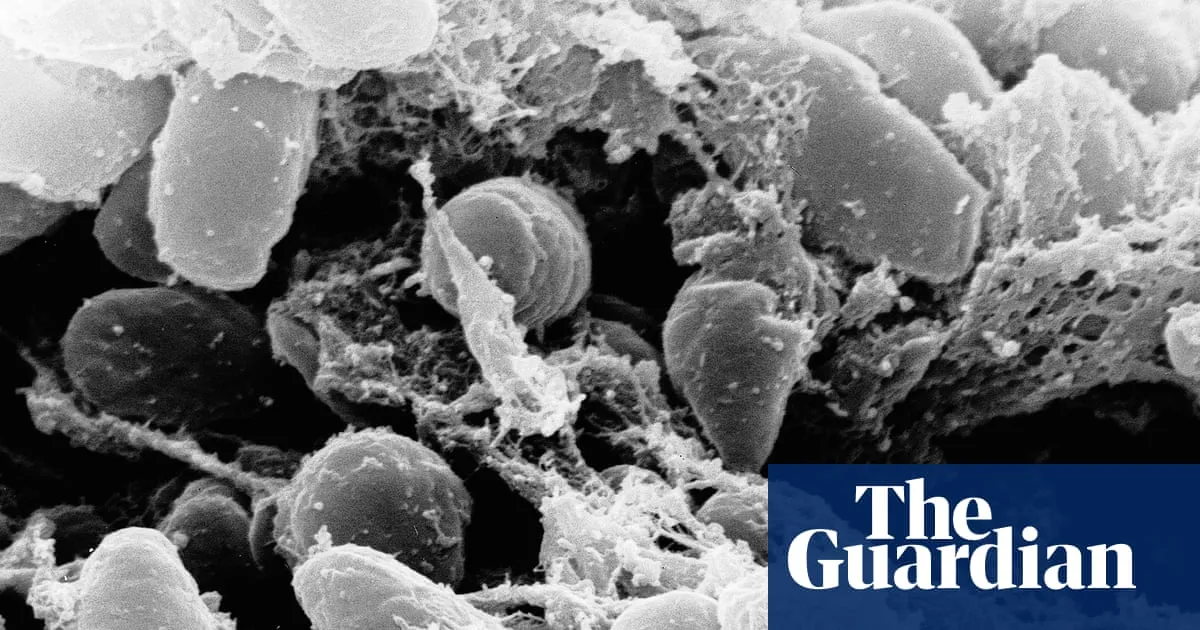
A resident of South Lake Tahoe, California, has tested positive for the plague, according to an announcement made by local authorities this week. A statement released on Tuesday by health officials in El Dorado County confirmed that they were alerted to the situation by the California Department of Public Health (CDPH).
The affected individual is currently recovering at home and is receiving care from a medical professional. Health officials suspect that the individual “may have been bitten by an infected flea while camping in the South Lake Tahoe area,” a popular destination for outdoor recreation in the California mountains. Local authorities are actively investigating the circumstances surrounding this case.
“Plague is naturally present in many parts of California, including higher-elevation areas of El Dorado County,” stated Kyle Fliflet, the acting director of public health in the county. He emphasized the importance of individuals taking precautions when engaging in outdoor activities like walking, hiking, and camping, particularly in areas where wild rodents are prevalent.
The plague is caused by the bacterium Yersinia pestis and is most commonly transmitted through the bites of fleas that have contracted the bacteria from infected wild rodents such as squirrels and chipmunks. Health officials have also noted that pets, including dogs and cats, can carry infected fleas back into homes, increasing the risk of exposure.
The California Department of Public Health routinely monitors rodent populations throughout the state for signs of plague activity. Surveillance efforts in El Dorado County from 2021 to 2024 identified 41 rodents that showed evidence of exposure to the plague bacterium. As of 2025, four rodents tested positive for the plague, all located within the Tahoe Basin.
This recent case is not the first instance of plague in the region. The last confirmed human case in El Dorado County occurred in 2020 and was also linked to the South Lake Tahoe area. Previous cases included two reports in 2015 that were associated with exposure in Yosemite National Park. Fortunately, all affected individuals received treatment and made full recoveries.
In 2021, the U.S. Forest Service took precautionary measures by closing several popular sites at Lake Tahoe for a few days after detecting plague in the chipmunk population. The federal agency announced that “vector control” workers would perform “eradication treatments” in the affected areas to mitigate the risk of further transmission.
In a related note, health officials in Colorado also confirmed a human case of the plague last year, underscoring the continued presence of this disease in various parts of the United States.